An exclusive webinar to help you deliver the best outcomes for your R&A business. Watch now.

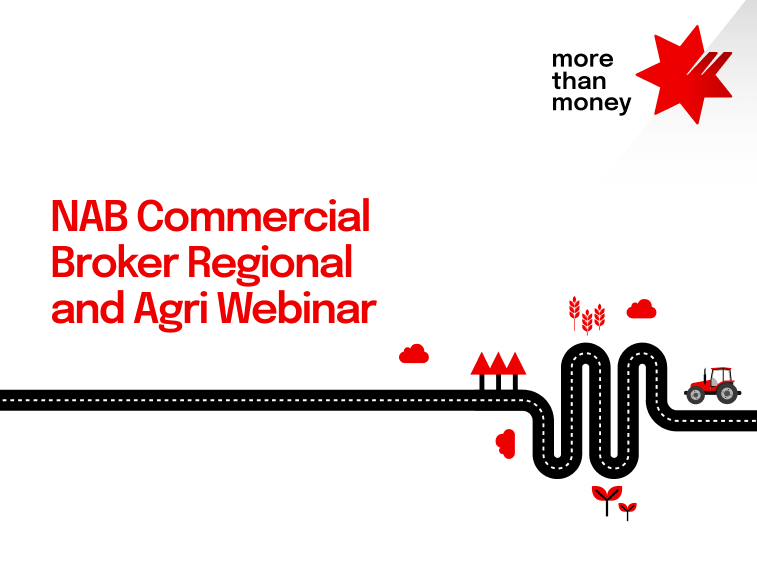
Webinar
Goolwa PipiCo was born when competition became cooperation. An expanded workforce, improved skillsets, new products and markets, and certified sustainability have been the result.
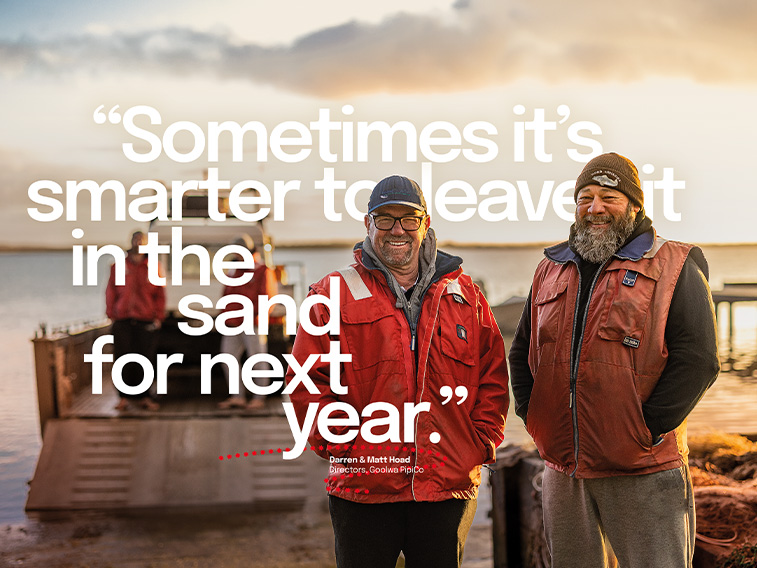
Competition has many benefits, but sometimes collaboration can pay a dividend.
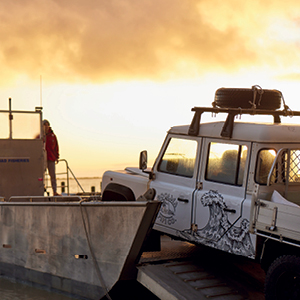
Goolwa PipiCo, which includes a greater than 20 per cent stake by the local Ngarrindjeri community, is now the largest pipi entity in Australia, and the only one to boast Marine Stewardship Council certification for its sustainable practices.
Since the merger, the company has reduced costs without sacrificing quality. Its greater scale has also allowed it to expand its workforce, including a team of Ngarrindjeri harvesters, together with economists, marketers and a Ngarrindjeri representative sitting alongside third-generation fishers at the board table. The company’s new approach has driven massive growth in market and product development.
NAB’s specialist support helped support this expansion. “As the company started to grow, they needed a banking partner with more understanding of the fishing industry, and they leaned on us,” explains NAB Agribusiness Manager Caroline Falkiner.
Goolwa PipiCo’s MSC certification has also helped its expansion, according to Managing Director Tom Robinson. “Some retailers won’t even deal with you unless you have that certification,” he explains.
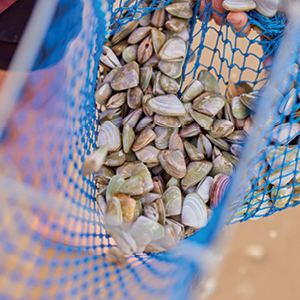
Whether in top restaurants or on supermarket shelves across the country, you can now find Goolwa produce in pasta alle vongole, clam chowder or the company’s famous XO pipis.
Pipis, which are sensitive to handling, can only be exported as value-added ready-made meals or in specially sealed modified-atmosphere bags. The company is introducing new technology and processes with the potential to open up international markets, as well as introduce new products domestically.
Harvesting, however, is still grounded in the traditional, manual, low-impact methods similar to those used by the Ngarrindjeri people for thousands of years.
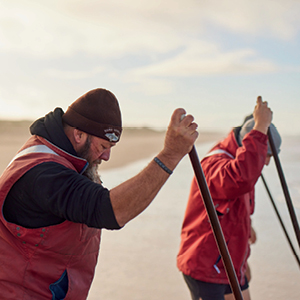
This method still allows the company to achieve the scale and price point to place its products in market, but also provide a greater degree of control over its environmental impact.
“If we’re in a position where there would be more value leaving some of the quota in the sand for the following year, we’ll do that,” Darren says.
“We always want to be in a position where we have more demand, more markets, than the reverse. Sometimes, less is more.”
© National Australia Bank Limited. ABN 12 004 044 937 AFSL and Australian Credit Licence 230686.